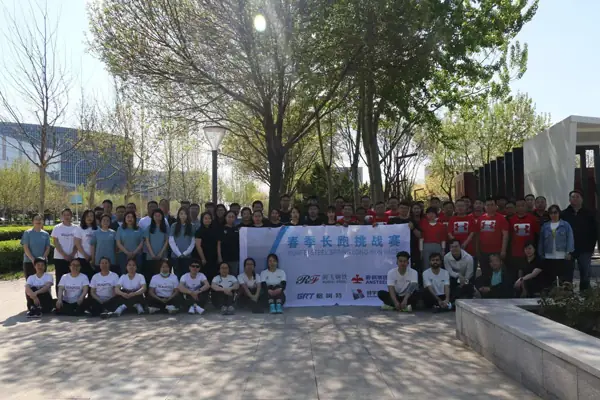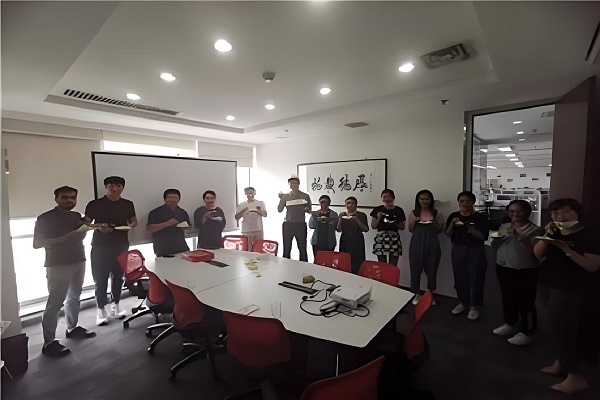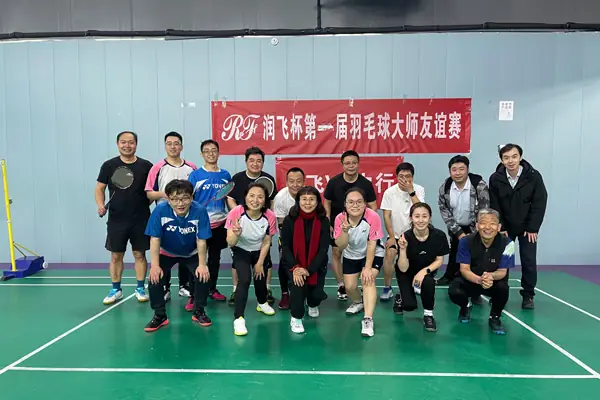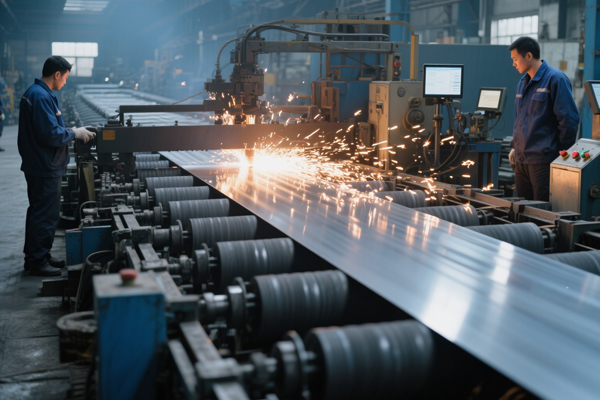Galvanized steel (GI) is a top choice for electrical enclosure boxes due to its durability, cost efficiency, and ease of fabrication. Below are its key advantages in manufacturing:
1. Exceptional Corrosion Resistance: Prolongs Enclosure Lifespan
Zinc Coating Barrier:
The hot-dip galvanizing process deposits a dense, adherent layer of zinc (typically 85–120 μm thick) on the steel surface.
This zinc layer acts as a physical barrier, directly blocking oxygen, water, and corrosive substances from reaching the underlying steel.
Cathodic Protection (Sacrificial Protection):
Unlike paint or plastic coatings (which fail if scratched), zinc is more electrochemically active than steel.
If the zinc layer is damaged (e.g., by impact or scratch), the remaining zinc will “sacrifice” itself to corrode first, preventing the steel substrate from rusting.
This self-healing protection ensures long-term durability even with minor surface damage.
*Outperforms untreated carbon steel in salt spray tests (500–1,000 hours to red rust).
In practical terms, galvanized steel enclosures can last 20–50 years in outdoor or industrial environments, compared to uncoated steel (which may rust in 1–2 years) or painted steel (which requires re-coating every 3–5 years).
Applications:
Ideal for outdoor electrical boxes, industrial control panels, and marine environments.
2. Cost-Effectiveness
Lower Material Costs: Cheaper than stainless steel (e.g., 304 SS) or aluminum.
Reduced Maintenance: Long-lasting coating minimizes repainting or replacements.
Fabrication Savings: Easily welded, bent, and stamped without specialized equipment.
3. Ease of Fabrication
Formability:
Can be cold-rolled into precise shapes (e.g., DIN rail mounts, cable entry cutouts).
Retains structural integrity during bending and punching.
Welding & Joining:
Compatible with spot welding and MIG/TIG processes (note: zinc fumes require ventilation).
Surface Finishing:
Accepts powder coating or painting for aesthetics without extensive pre-treatment.
4. Mechanical Strength & Durability
High Impact Resistance: Protects internal components from physical damage (e.g., NEMA 4X rated enclosures).
Load-Bearing Capacity: Supports heavy components like transformers or PLCs.
5. Fire Resistance: Enhances Electrical Safety
Fire Safety: Non-combustible, Maintains Integrity in Fires and self-extinguishing (critical for electrical applications).
6. Compliance with Standards
International Certifications: Meets UL 508A (industrial control panels), IEC 60529 (IP ratings), and NEMA 250.
7. Comparison with Alternatives
| Dimension | Galvanized Steel | Stainless Steel (304/316) | Aluminum (Alloyed) | Polycarbonate (UV-Stabilized) |
| Corrosion Resistance | Good (mild environments; zinc sacrificial) | Excellent (316 > 304; acid/saltwater-resistant) | Good (oxide film; better with anodizing) | Moderate(UV-stabilized: 5–10 years outdoor) |
| Mechanical Strength | High(300–500 MPa) | Very High (500–700 MPa) | Moderate (310 MPa for 6061) | Low (65 MPa; impact-resistant but weak under load) |
| Weight (Density g/cm*) | Heavy (7.85) | Heavy (7.93) | Light (2.7) | Very Light (1.2) |
| Cost (Upfront/TCO) | Low/Low | High/Moderate (long lifespan) | Moderate/Moderate | Moderate/High (frequent replacement) |
| Thermal Conductivity | Moderate | Low | Excellent (heat sinks) | Low (insulator) |
| Electrical Conductivity | Good (conductor) | Poor | Excellent (wiring) | Excellent (insulator) |
| Formability | Excellent (bend/stamp/weld) | Poor (needs special tools) | Excellent (extrude/machine) | Good (thermoform) |
| Fire Resistance | Non-flammable | Non-flammable | Non-flammable | Flammable (needs flame retardants) |
| Sustainability | Recyclable (steel + zinc) | Highly Recyclable (no degradation) | Highly Recyclable (low energy) | Recyclable (low quality after recycling) |
| Typical Applications | Electrical enclosures, fences, structural beams | Food/medical equipment, marine parts, chemical tanks | Heat sinks, aerospace parts, lightweight enclosures | Transparent shields, electrical insulators, portable cases |
8. Manufacturing Tips
Design: Use press-brake forming for sharp corners and seamless seams.
Coating Touch-Ups: Repair scratches with zinc-rich paint to maintain protection.
Venting: Include breather vents to prevent condensation in sealed enclosures.
Conclusion
Galvanized steel balances cost, durability, and manufacturability, making it the go-to material for electrical enclosures in most environments.
For highly corrosive settings (e.g., chemical plants), consider stainless steel or ZAM-coated steel as upgrades.
For technical specs, refer to ASTM A653 (GI coatings) or EN 10346 (DX51D+Z).







